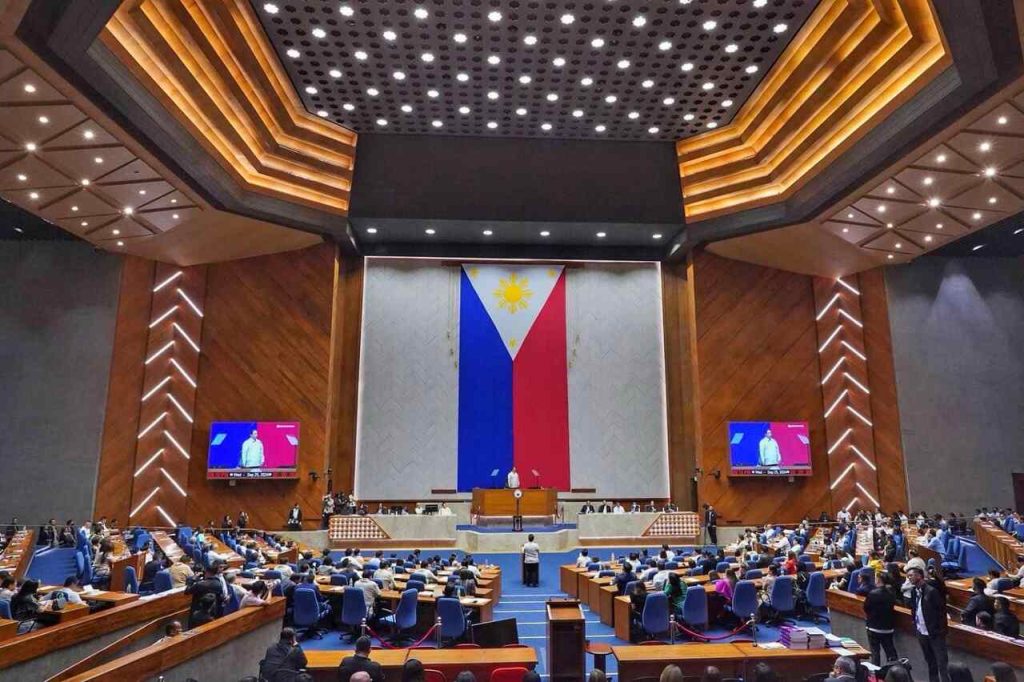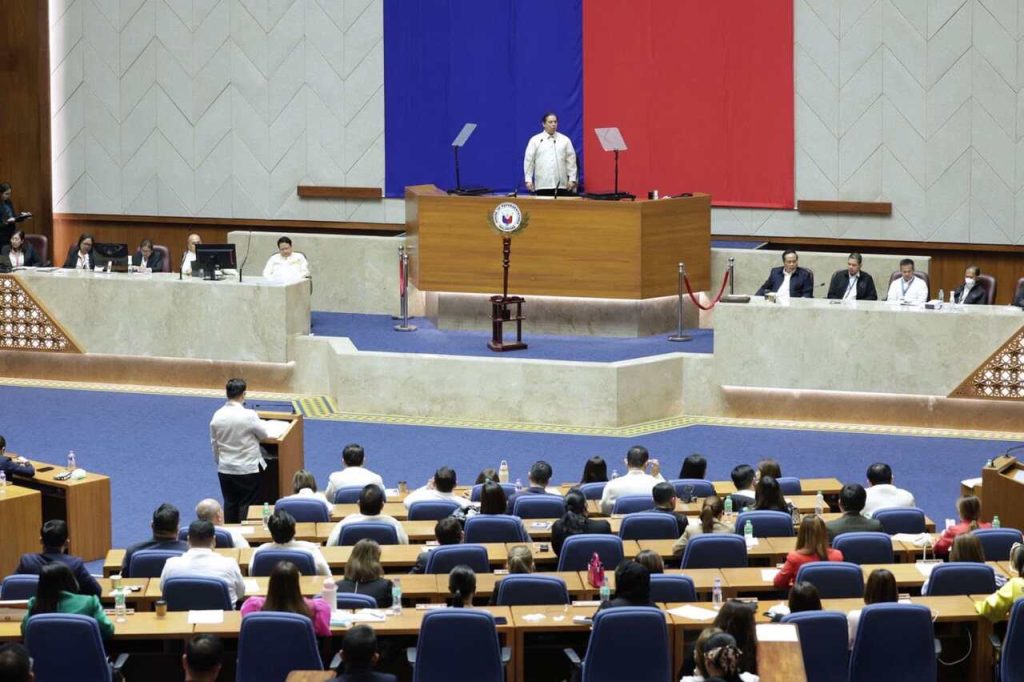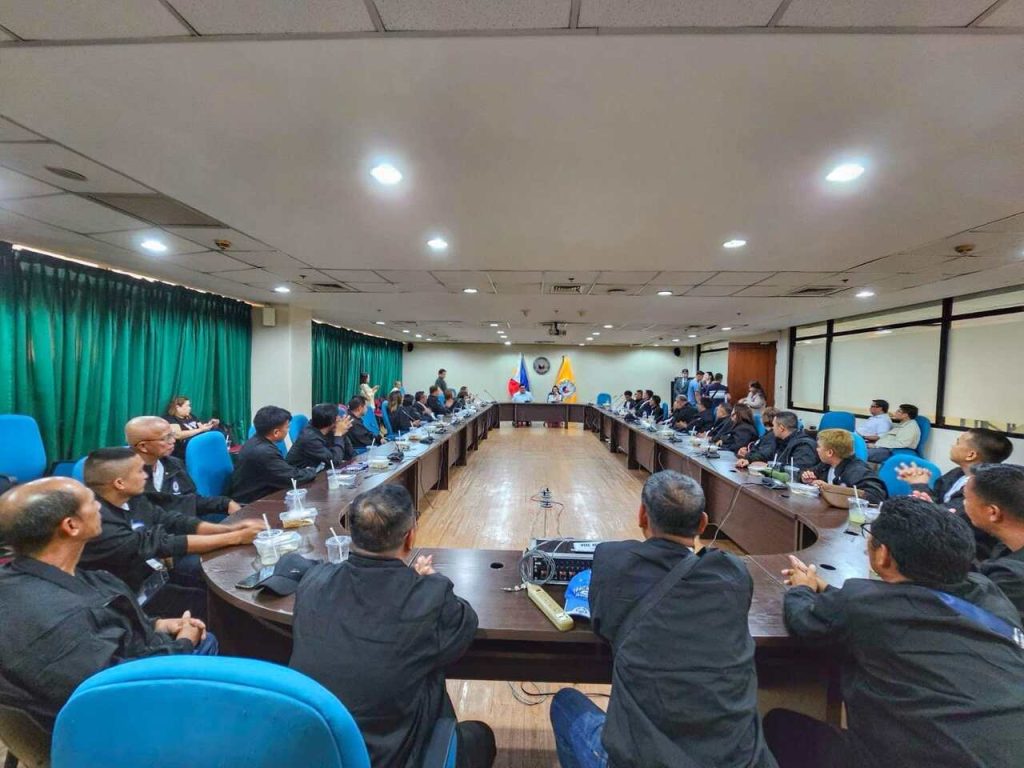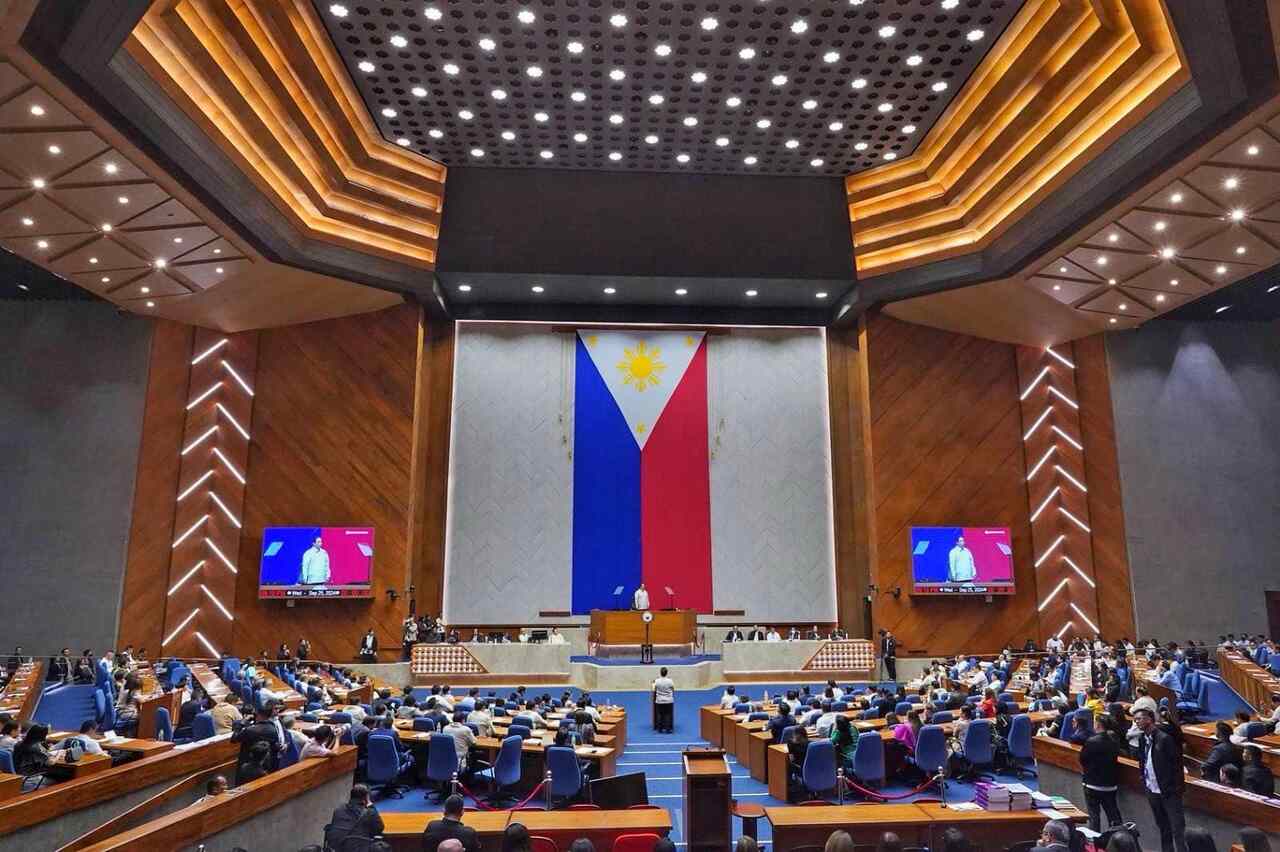The Philippine government will continue its cash assistance, or “ayuda,” for vulnerable sectors in 2025, with a budget allocation of PHP253.378 billion. This financial support will help safeguard the purchasing power of Filipinos and reduce their vulnerabilities. According to the Department of Budget and Management (DBM), the allocation aligns with the goals of the Philippine Development Plan (PDP) 2023-2028, which aims to achieve economic and social transformation through various programs that protect low-income families and other at-risk groups.
While this allocation represents a slight decrease from the PHP318.5 billion set aside for similar programs in 2024, it ensures that essential assistance programs continue. The proposed budget is also higher than the ayuda allocations in 2021, 2022, and 2023, showing the government’s commitment to supporting vulnerable sectors despite fluctuations in budget priorities.
Breakdown of Cash Assistance Programs in 2025

In 2025, various government departments will implement cash assistance programs funded by the proposed allocation. The Department of Agriculture (DA) will offer support through the Rice Farmers Assistance Program and the Fuel Assistance for Farmers and Fisherfolk. The Department of Health (DOH) will continue to fund its Cancer Assistance Fund and Medical Assistance to Indigent and Financially-Incapacitated Patients. Additionally, the Department of Labor and Employment (DOLE) will run the Tulong Panghanapbuhay sa Ating Disadvantaged Workers (TUPAD) Program, aimed at providing temporary employment to displaced and low-income workers.
A significant portion of the ayuda budget will go to the Department of Social Welfare and Development (DSWD) for initiatives like the Pantawid Pamilyang Pilipino Program (4Ps), the Ayuda sa Kapos Ang Kita Program, and Protective Services for Individuals and Families in Difficult Circumstances. Other DSWD programs that will benefit from this allocation include Social Pensions for Indigent Senior Citizens and additional benefits for Filipino centenarians. These programs are crucial in providing relief to households struggling with poverty and economic challenges.
Support for the Transportation Sector
Aside from these assistance programs, the budget will continue to fund the Fuel Subsidy Program for the transport sector. This initiative, overseen by the Department of Transportation (DOTr), aims to ease the burden on public utility drivers and operators facing rising fuel prices. The assistance is vital to helping the transport sector recover from the economic setbacks caused by the pandemic and fluctuating fuel costs.
Additionally, the ayuda budget will support the Philippine Food Stamp Program, which is one of the key initiatives under President Ferdinand “Bongbong” Marcos Jr.’s administration. This program is designed to provide nutritional support to low-income households, ensuring they have access to essential food items.
Budget Trends and Priorities

Although the ayuda budget for 2025 is lower than in 2024, it remains higher than the allocations in the years immediately following the COVID-19 pandemic. In 2021, the government allocated PHP200.9 billion for cash assistance, which increased to PHP276.8 billion in 2022 and PHP251.3 billion in 2023. The trend shows the government’s effort to balance providing aid while managing the national budget.
However, the overall national expenditure for 2025 reflects the government’s focus on broader development objectives. The proposed National Expenditure Program (NEP) for 2025 is set at PHP6.352 trillion, with education taking the largest share. Around 15.4% of the total budget, or PHP977.6 billion, is earmarked for education, which remains a top priority. This allocation will support programs like the MATATAG Agenda for Basic Education, the school-based feeding program, and Universal Access to Quality Tertiary Education.
Education Sector Leads in 2025 Budget

The government has also prioritized education in the proposed 2025 budget. The Department of Education (DepEd) will receive PHP977.6 billion to fund essential educational programs. This allocation is higher than the PHP968.9 billion set for 2024. Key initiatives like the school-based feeding program and the MATATAG Agenda for Basic Education aim to improve student well-being and learning outcomes across the country. Additionally, funding will support Universal Access to Quality Tertiary Education, providing scholarships and subsidies to ensure more Filipinos can pursue higher education.
The government’s emphasis on education reflects its long-term strategy to invest in human capital development, which is essential for sustained economic growth and social progress. The 2025 budget, though smaller in terms of direct cash assistance, still offers vital support to vulnerable populations while addressing other critical national priorities.
Final Thoughts
In 2025, the Philippine government will allocate PHP253.378 billion to continue its ayuda programs for vulnerable sectors, providing financial assistance to farmers, workers, indigent patients, and senior citizens. While this is a slight reduction compared to 2024, it remains a crucial part of the government’s efforts to alleviate poverty and protect the purchasing power of low-income families. Additionally, the education sector will see significant funding, reflecting the administration’s long-term goals of human capital development and economic resilience.
The cash assistance programs, alongside key educational investments, demonstrate the government’s commitment to addressing both immediate and long-term challenges facing the nation. Through these initiatives, the government aims to build a stronger and more inclusive economy, ensuring that no Filipino is left behind.
